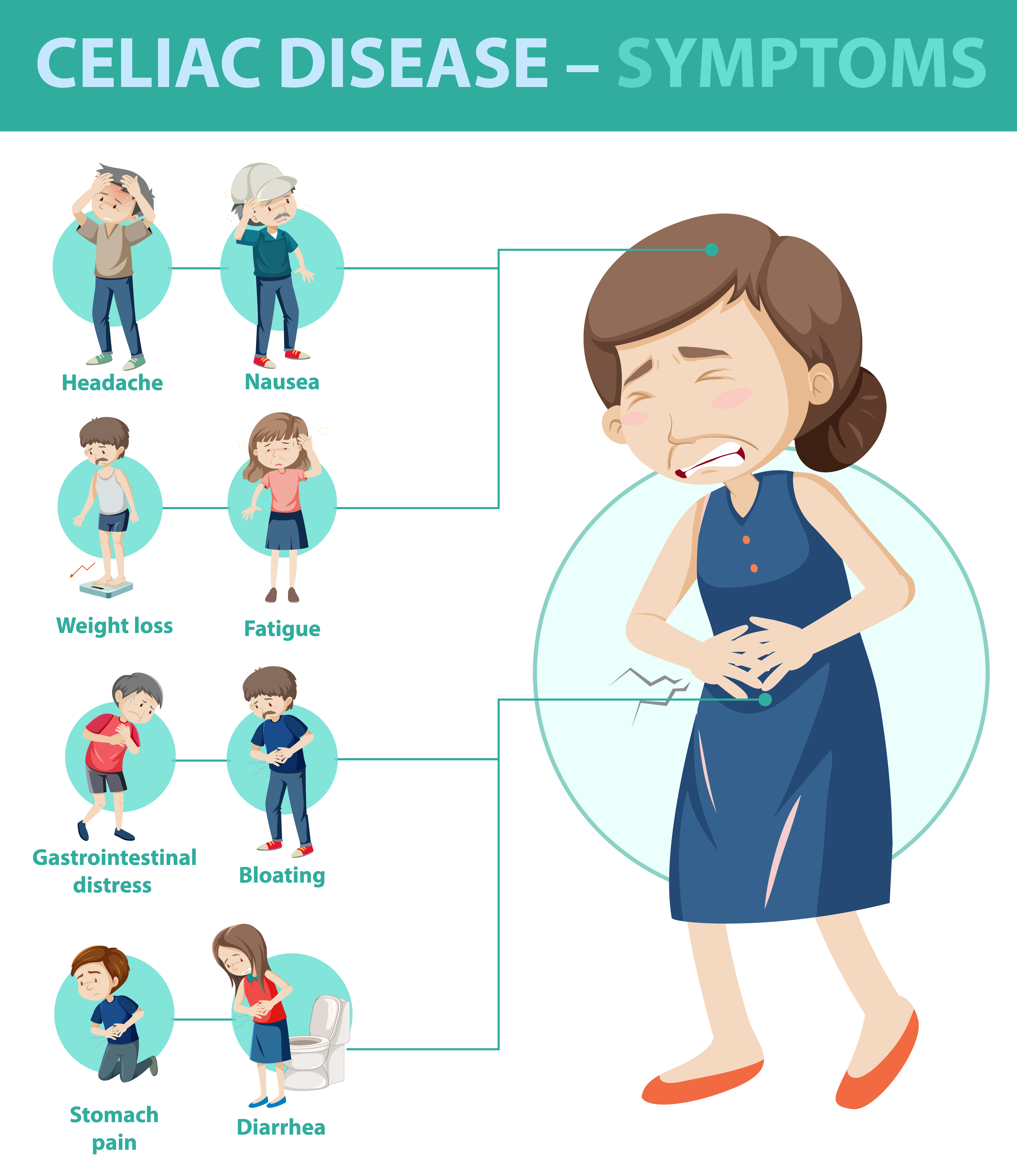
Colitis in Children: Symptoms, Diagnosis, and Treatment
Introduction: Colitis, inflammation of the colon, can affect children as well as adults. Understanding the symptoms, diagnosis, and treatment options for colitis in children is essential for parents and caregivers. Let’s explore these topics in simple language.
1. Symptoms of Colitis in Children: Colitis can cause various symptoms in children, including abdominal pain, diarrhea (sometimes with blood or mucus), rectal bleeding, urgency to have a bowel movement, fatigue, weight loss, and poor appetite. Children may also experience delayed growth and development.
2. Diagnosis of Colitis in Children: If a child is experiencing symptoms of colitis, their pediatrician may conduct several tests to diagnose the condition. These tests may include blood tests, stool tests, imaging tests (such as ultrasound or MRI), and a colonoscopy or sigmoidoscopy to examine the colon and take tissue samples for analysis.
3. Treatment Options for Colitis in Children: Treatment for colitis in children aims to reduce inflammation, relieve symptoms, and promote healing of the colon. Treatment options may include medications such as anti-inflammatory drugs (e.g., mesalamine), corticosteroids, immunosuppressants, and biologic therapies. In some cases, dietary changes or nutritional supplements may also be recommended.
4. Lifestyle and Dietary Recommendations: Along with medical treatment, making lifestyle and dietary changes can help manage colitis symptoms in children. Encouraging a balanced diet rich in fruits, vegetables, whole grains, and lean proteins, as well as avoiding trigger foods, may help alleviate symptoms. Additionally, ensuring adequate hydration and promoting regular physical activity can support overall health.
5. Importance of Regular Follow-up: Children with colitis may require ongoing monitoring and follow-up care with their pediatrician or pediatric gastroenterologist. Regular check-ups and monitoring of symptoms, growth, and development are essential to ensure that treatment remains effective and to address any concerns that may arise.
Conclusion: Colitis can affect children of all ages, and recognizing the symptoms, seeking prompt medical attention, and following the recommended treatment plan are crucial for managing the condition effectively. By understanding the symptoms, diagnosis, and treatment options for colitis in children, parents and caregivers can help their child live a healthy and active life. To seek medical advice, always consult a Doctor.
To seek medical advice, always consult a Doctor. Here are our recommended experts. Click Here
To read more on Colitis. Click Here


